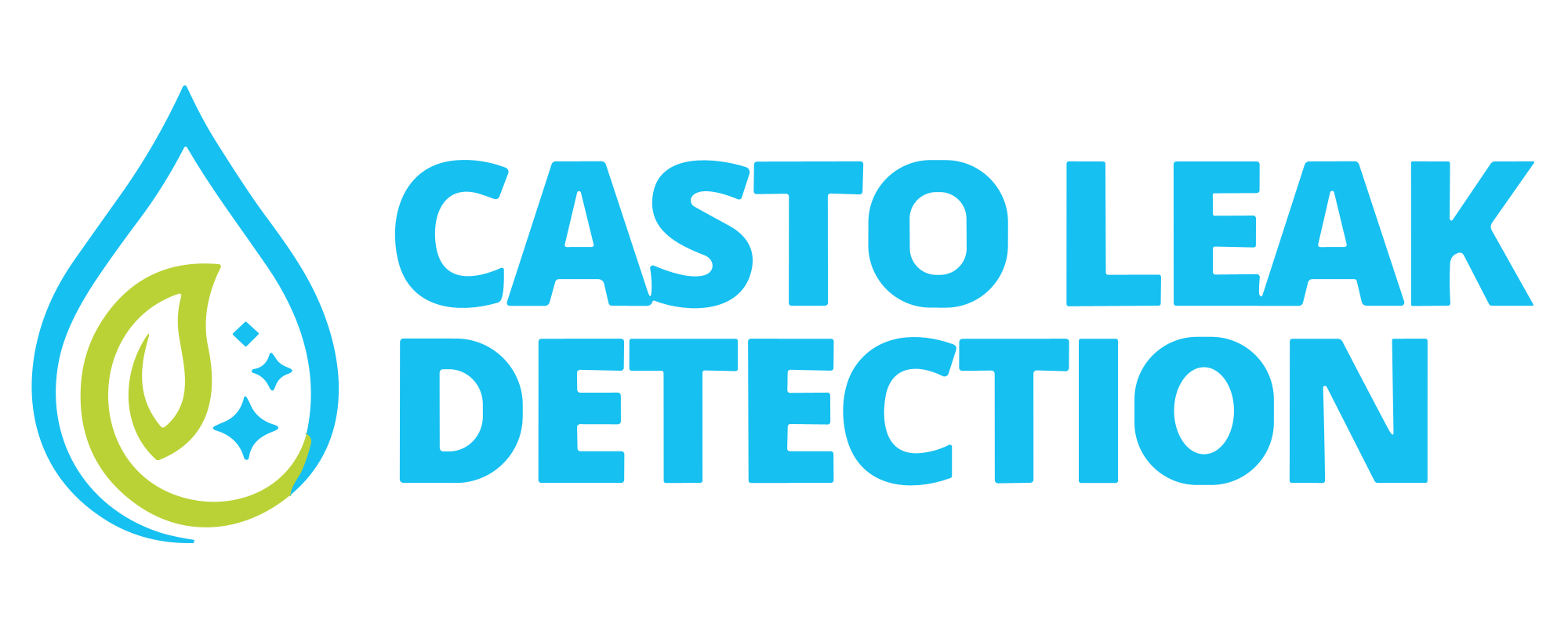When you live in areas like Richardson, Allen, Frisco, Plano, North Dallas, Addison, Lake Highland, Garland, Wylie, Rowlett, or Sachse, Texas, it’s crucial to keep your home systems in check. One of the most significant yet often overlooked systems in any household is the water heater. A leaking water heater can cause significant damage if not addressed promptly. It may be time to consider a replacement if you notice water pooling near the heater or a decrease in efficiency.
Water heater leaks can quickly escalate from a minor inconvenience to a costly repair. In North Texas, where summers are hot and winters can get chilly, ensuring your water heater operates at its best is essential for comfort and safety. Whether you’re dealing with a small drip or a more significant leak, knowing the signs that it’s time for a replacement can help you avoid further damage to your home and ensure your family has a reliable supply of hot water.
Key Takeaway: A leaking water heater is more than just a nuisance; it can signal a significant problem. Timely replacement can save you from extensive repairs and provide peace of mind.
Signs of a Leaking Water Heater: When Replacement Becomes Necessary
Puddles Around the Water Heater
One of the first signs that something may be wrong with your water heater is water pooling around it. Leaks are often caused by corrosion inside the tank. When the tank begins to corrode, it weakens, leading to small cracks and leaks. You might notice a puddle near the base of the heater, a sign that the unit is deteriorating.
In Richardson and North Dallas, where water hardness can vary, mineral buildup can accelerate corrosion inside the water heater. This is why regular maintenance is key. Unfortunately, once the tank has started to corrode, repairs are typically not an option. In most cases, replacement is necessary to avoid further complications. Keep an eye out for even small leaks; what begins as a minor drip can grow into a much more significant problem over time.
Learn more about plumbing and leak detection on this resource.
Reduced Hot Water Supply
Another common indicator that your water heater may be on its last leg is a reduction in the amount of hot water available. As water heaters age, they become less efficient at heating water. If you’re noticing that your showers are shorter or the water isn’t as hot as it used to be, your water heater could be struggling to perform its job.
In cities like Frisco and Plano, water heater efficiency is essential for households that rely on consistent hot water. A reduction in performance can also indicate sediment buildup at the bottom of the tank. This buildup not only decreases the amount of hot water available but can also cause overheating, which can lead to leaks.
If your water heater has been in use for more than 10-15 years, it may be time to replace it. Tankless water heaters, as discussed in this resource, offer a more efficient and long-term solution compared to traditional models.
Discolored Water
Water discoloration is a clear sign that your water heater is no longer in optimal condition. Rusty water often indicates that the inside of the tank is corroding. If your water is discolored, it’s crucial to address the issue quickly to avoid consuming potentially harmful substances. You can try draining the tank to see if it improves the water quality, but if the problem persists, it’s likely time for a replacement.
Residents in Garland and Lake Highland often experience water quality issues, making it essential to have a functioning water heater that doesn’t contribute to further contamination. Installing a new water heater ensures cleaner water for you and your family.
When to Call a Professional
Strange Noises Coming from the Heater
If you hear popping, banging, or rumbling noises coming from your water heater, this could indicate serious problems within the tank. Sediment buildup often leads to these sounds, as the water heats and causes the sediment to move around inside the tank. Over time, this can lead to leaks or a complete breakdown.
In Wylie or Rowlett, where mineral-rich water can exacerbate sediment buildup, homeowners may experience this issue more frequently. If flushing the tank doesn’t solve the problem, it’s best to call a professional to assess whether a replacement is needed.
Water Temperature Fluctuations
Inconsistent water temperatures can also point to an issue with your water heater. If you notice sudden spikes in temperature or that the water isn’t as hot as it used to be, it could mean that the heating element inside the water heater is failing. This not only affects comfort but can also be a safety issue, especially if the water becomes scalding hot without warning.
For homes in Sachse and Addison, where extreme temperature changes are common, maintaining a stable water heater temperature is crucial for avoiding both discomfort and potential burns. If you find that your water temperature is fluctuating, it’s time to consult a professional and discuss a potential replacement.
High Energy Bills
If you’ve noticed a spike in your energy bills, it could be due to an inefficient water heater. As water heaters age, they require more energy to heat the same amount of water. This increase in energy usage not only drives up your bills but also indicates that your water heater may be nearing the end of its lifespan.
In Allen or North Dallas, where energy efficiency is a growing concern, replacing your old water heater with a more energy-efficient model can save you money in the long run. A tankless water heater may be a good option, as discussed in this resource, providing both energy savings and consistent hot water.
Answering Common Questions
What should I do if I notice a small leak in my water heater? Even a small leak can lead to significant problems over time. It’s important to address the issue quickly by calling a professional to assess the situation.
How often should I replace my water heater? Most water heaters last between 10-15 years, but if you notice signs like leaks, discolored water, or reduced hot water, it may be time to replace yours sooner.
Can I repair my leaking water heater, or do I need a replacement? In many cases, repairs are not feasible, especially if the leak is due to corrosion inside the tank. A professional can advise whether a replacement is necessary.
Understanding Water Heater Efficiency
Water heater efficiency plays a major role in ensuring that your household remains comfortable, especially during colder months. An inefficient water heater not only struggles to provide hot water but also consumes more energy. This can lead to higher utility bills and an increased risk of leaks and other failures.
The Role of Regular Maintenance
Regular maintenance, such as flushing the tank and checking for corrosion, can prolong the lifespan of your water heater. In areas like Garland and Richardson, where water quality can affect your plumbing, it’s essential to stay proactive with maintenance to avoid costly repairs.
Why It’s Important to Call a Professional
Water heater leaks and malfunctions require prompt attention to avoid further damage. Casto Leak Detection specializes in leak detection and repair, ensuring that homeowners across Richardson, Allen, Frisco, Plano, and beyond can keep their homes safe and efficient. If you suspect your water heater is leaking, don’t hesitate to reach out for professional help.
Resources for Further Reading:







